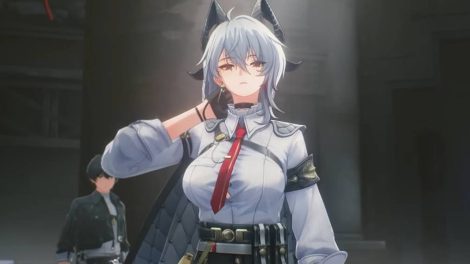Starting From a Balanced Baseline
First things first, let’s acknowledge the sheer graphical fidelity of Frontiers of Pandora. From the lush rainforests to the bioluminescent creatures, the game is a feast for the eyes. However, this graphical richness comes at a cost, and some PCs might struggle to maintain a steady framerate.
Digital Foundry recommends starting with the PS5 settings as a baseline for older or less powerful PCs. This provides a good balance between visual quality and performance. From there, you can fine-tune individual settings to squeeze out extra frames or crank up the eye candy.
Key Settings for Optimization
Here are some key settings to focus on:
- Resolution: Scaling down from the native resolution can yield a significant performance boost without sacrificing too much visual fidelity. Consider dropping to 1440p or even 1080p if you’re struggling to maintain a stable framerate.
- Reflections: Reflections can be incredibly demanding, especially in water-heavy areas. Lowering the reflection quality or even disabling them altogether can free up valuable resources.
- Fog: Fog can add depth and atmosphere, but it can also be a performance hog. Experiment with different fog settings to find a balance that suits your PC’s capabilities.
Leveraging Upscaling and Super Resolution
Digital Foundry also recommends utilizing FidelityFX Super Resolution (FSR) or NVIDIA DLSS if your GPU supports them. These upscaling technologies can deliver near-native image quality at lower resolutions, giving you a significant performance boost.
Remember, optimization is an iterative process. Don’t be afraid to experiment with different settings and find what works best for your PC. With a little tweaking, you can transform Pandora from a stuttering slideshow into a smooth, immersive world that your rig can handle.
Deeper Dive Into Avatar’s Graphical Challenges
As a blockbuster movie license gifted extended developmental resources, Avatar: Frontiers of Pandora establishes new visual watermarks pushing even high-end hardware.
Ray Traced Reflections and Lighting
Central to Avatar’s cinematic realism, ray tracing calculates hyper-realistic lighting and environmental reflections. But this mathematical intensity melts GPUs lacking specialized RT cores.
By tailoring ray traced effects to balance beauty and performance, many can participate in Pandora’s splendor.
Lumen Photorealistic Illumination
Complementing ray tracing, Lumen generates film-quality dynamic global illumination reshaping scene brightness and colors based on light source movement.
Interplay between Lumen and ray tracing creates life-like environments where shadows and highlights shift naturally.
Nanite 3D Geometric Detail
Finally, billions of Nanite micro-polygons compose assets like plants and Na’vi characters at cinematic resolutions. Level of detail this high guarantees awe but hits hardware hard.
Carefully sculpting Nanite use through optimization settings balances precision and performance while retaining atmospheric excellence.









Add Comment